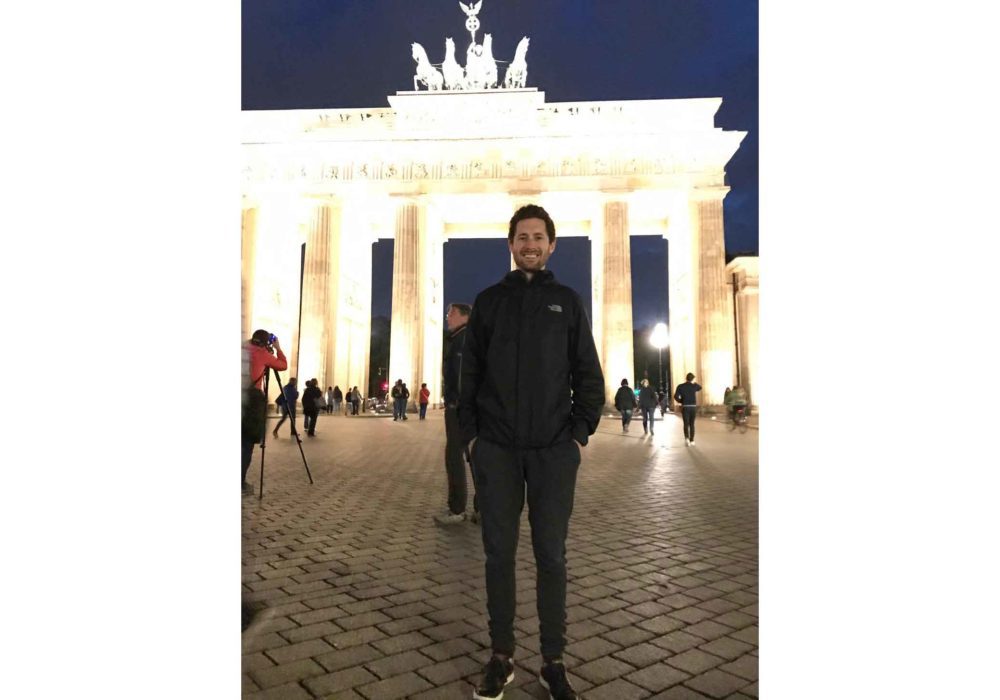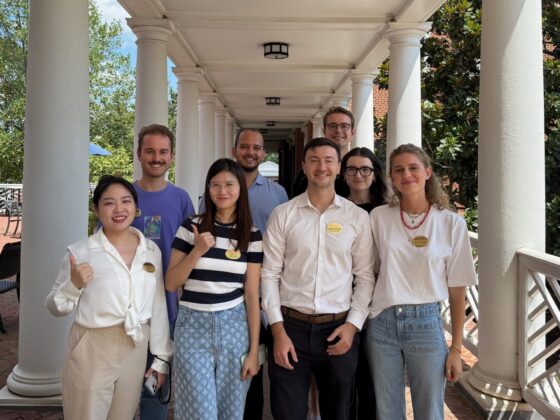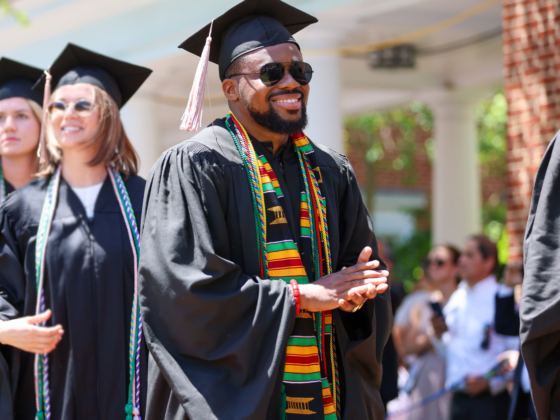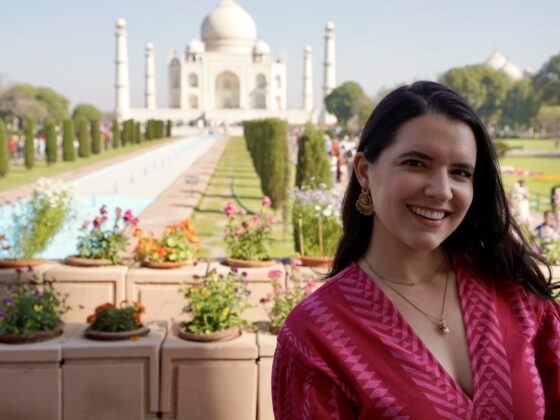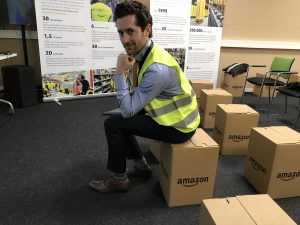 Rafe Gandola (Class of 2020) served with Teach for America and then worked as a Relationship Manager for Learning Solutions at LinkedIn prior to beginning his degree at Darden. This summer, Rafe is in Seattle completing a finance internship with Amazon. Wrapping up the end of his first year at Darden, Rafe participated in Darden’s Global Immersion Course to Germany, focused on technology and artificial intelligence. He shared a little bit about the course and his main takeaways:
Rafe Gandola (Class of 2020) served with Teach for America and then worked as a Relationship Manager for Learning Solutions at LinkedIn prior to beginning his degree at Darden. This summer, Rafe is in Seattle completing a finance internship with Amazon. Wrapping up the end of his first year at Darden, Rafe participated in Darden’s Global Immersion Course to Germany, focused on technology and artificial intelligence. He shared a little bit about the course and his main takeaways:
It was a dim, rainy May evening in Berlin as a strong contingent of futurists, entrepreneurs, investors, and Darden students converged in an open space in APX Incubator to discuss the future of Artificial Intelligence (AI). A stone’s throw from Checkpoint Charlie, the historic artery between old and new—East and West Berlin, APX would serve that evening as a liminal arena where academic and experiential would meet.
The panelists were well credentialed and had fluency with the science—lending credibility to the topic of self-aware AI—so they were well poised to entertain a theoretical discussion with Darden professor Tim Laseter who effortlessly steered the conversation confronting the real-world effects of this adapting technology. Tim modeled the Socratic experience for which Darden is renown. Dean Beardsley has aptly described how master teachers like Tim challenge students (and panelists) “to think on their feet, to be critical thinkers, to use facts, to actually do analytical rigor, but to learn how to synthesize that together and express a point of view.”[1]
Throughout our time in Germany, we saw glimpses of a not-so-distant future where our ability to reason and constantly “reprogram our human software” is what will separate us from machines.[2] We visited an Amazon Fulfillment Center, where Kiva floor robots moved in seemingly chaotic, but choreographed patterns to whisk items from disparate areas of the warehouse to human handlers in a matter of seconds, and the Wolfsburg Volkswagen Plant, where KUKA welding robots performed synchronously across a 4 mile long assembly line to manufacture over 3,000 vehicles daily.
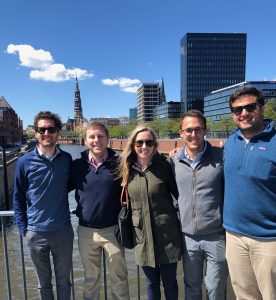 On the final day of our study, we had an opportunity to put our academic learning into experiential practice as we met with the Committee on Education, Research and Technology Assessment at the Bundestag. What was supposed to be a high-level summary of how the German Parliament perceives the future of technological unemployment and AI, transformed into a deep thought exercise where we leveraged our collective experiences in education, consulting, and public policy, synthesizing our observations from industry visits across Germany, sometimes challenging convention and other times offering recommendations. By the conclusion of our meeting, one of the committee leaders commented, “never has our committee been in the crosshairs as we have today, and I mean that as a compliment.”
On the final day of our study, we had an opportunity to put our academic learning into experiential practice as we met with the Committee on Education, Research and Technology Assessment at the Bundestag. What was supposed to be a high-level summary of how the German Parliament perceives the future of technological unemployment and AI, transformed into a deep thought exercise where we leveraged our collective experiences in education, consulting, and public policy, synthesizing our observations from industry visits across Germany, sometimes challenging convention and other times offering recommendations. By the conclusion of our meeting, one of the committee leaders commented, “never has our committee been in the crosshairs as we have today, and I mean that as a compliment.”
And then my mind went full circle as I recalled my stormy ferry crossing from Rodby, Denmark to Puttgarden, Germany while en route to our study. Onboard I encountered Marlena, a grand 78-year old lady from Bonn, who gratefully took my arm to steady herself and went on to regale me with some of the history of the proud German nation. In turn, she seemed impressed with the scope of our academic endeavors and what the future held. I wondered at the number of political and industrial revolutions this woman had experienced during the course of her life. I marveled that at the pace that AI is evolving, and given the dynamic politics of the world, I was likely to see many more revolutions than my new found friend. I hope I will be as adept at adapting as she was.
[1] https://www.linkedin.com/pulse/interview-uva-darden-dean-scott-beardsley-john-a-byrne/
[2] Tegmark, Max. Life 3.0: Being Human in the Age of Artificial Intelligence. 2017: Knopf.

